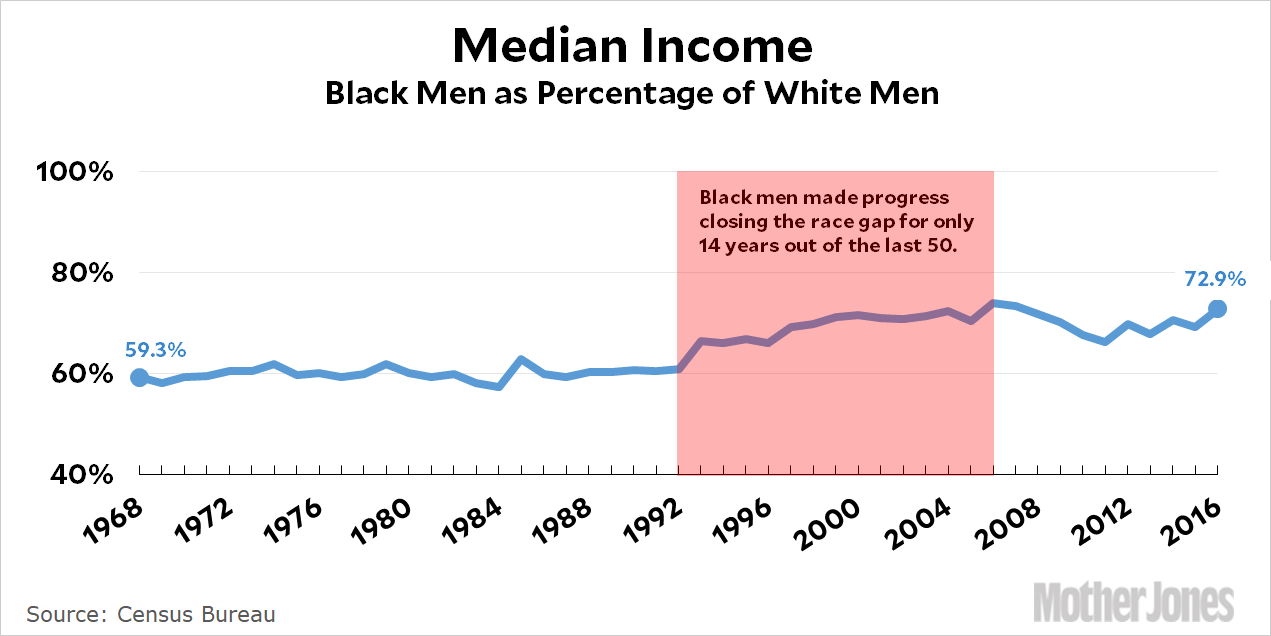Fifty years after the riots that followed the assassination of Martin Luther King Jr., Matthew Desmond wants to know why our cities are so calm these days:
Fifty years later, our cities, in both the North and the South, remain sharp-line segregated. Not only that, but the decades following the Holy Week Uprising have witnessed a surge in mass incarceration that has disproportionately caged poor black men; a loss of manufacturing jobs that has left many black men unemployed; soaring housing costs and an epidemic of evictions, felt most acutely in low-income communities of color; and the gutting of welfare, which has led to a spike in extreme poverty.
By these measures, things have grown worse. Yet the streets, for the most part, have remained clear and quiet. Only two significant riots have broken out since the early 1970s: in Miami in 1980 and in Los Angeles in 1992, both of them in response to the acquittals of police officers who had beaten unarmed black men. Recent years have witnessed spates of unrest protesting police violence in Ferguson, Missouri, and beyond, but these have been short-lived affairs resulting in few serious injuries and restrained arson. The 2015 unrest in Baltimore after Freddie Gray died in police custody resulted in an estimated $9 million in property damage and no deaths. The 1992 L.A. riots, by comparison, caused more than $1 billion in property damage and 63 deaths.
Why don’t American cities burn like they used to?
Desmond wouldn’t like my answer much, I’m afraid. I don’t even have to say it, do I?



















